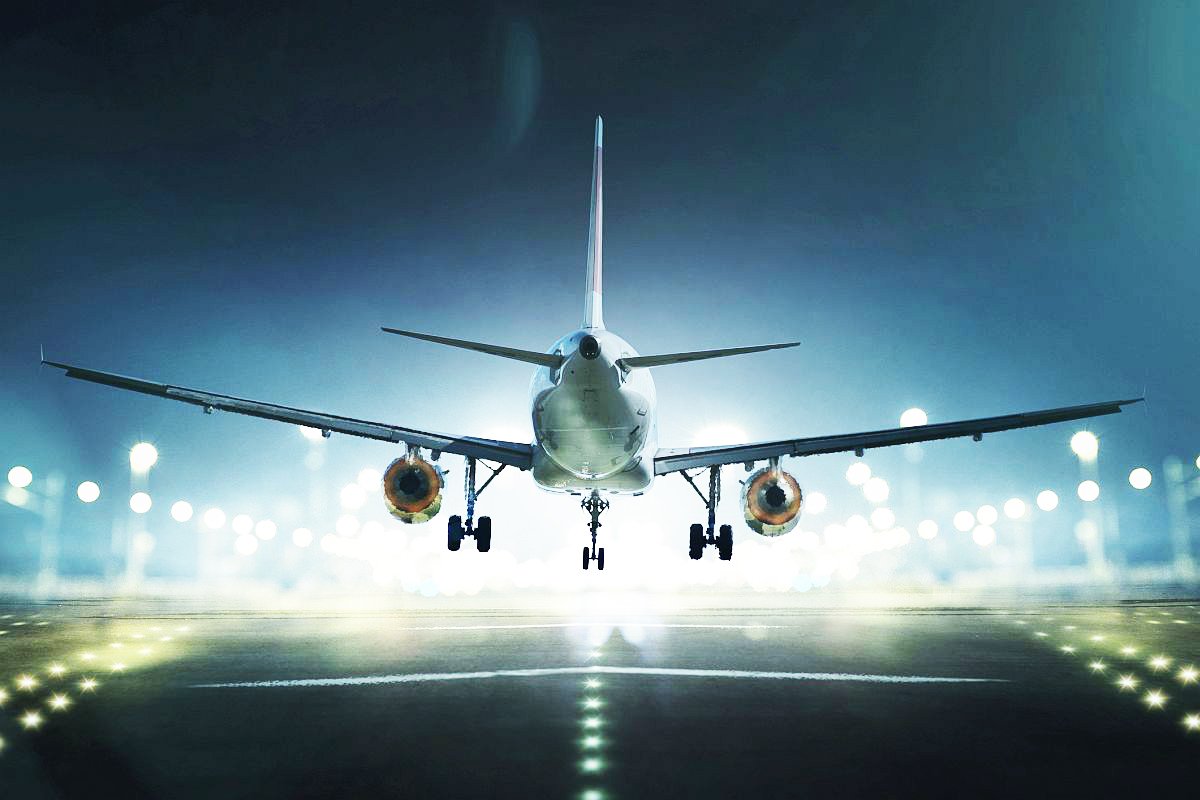Aviation Industry Collaboration Crucial to Accommodating Demand

Airports Council International (ACI) World recently emphasized the importance of collaboration among aviation stakeholders to address the challenge of accommodating future air service growth while remaining safe, secure, sustainable, and customer-focused.

Delivering a keynote speech at the 4th World Aviation Conference, hosted by Incheon International Airport, ACI World Director General Angela Gittens spoke to aviation leaders on how strengthened collaboration can provide solutions to some of the most pressing challenges facing the aviation industry.
“According to the just-released ACI Annual World Airport Traffic Forecasts (2019–2040), global passenger traffic demand will double by 2037 based on a projected growth rate of 3.8% a year,” she said. “The drivers of demand are there; the question is will we be able to accommodate the demand so we can deliver the socio-economic benefits of growth.”
Delving into specific pressures felt by the industry, Angela Gittens highlighted the need to safeguard non-aeronautical (commercial) sources of revenue, secure infrastructure financing, increase efficiency via technological innovation and the importance of fighting climate change via environmental stewardship. “Aeronautical revenues do not fully cover capital and operating costs, and airports rely on non-aeronautical revenues for their financial viability,” she said. “Worldwide, retail concessions remain the leading source of non-aeronautical revenue for airports.
“In the short-term, we’ll need to be mindful of the current and emerging disruptions in the wider world on some of these key source, such as e-commerce and the sharing economy, and work together to find new business models that evolve in step with wider trends and passenger expectations. “This is directly relevant to an airports’ bottom line and their ability to finance and expand their infrastructure capacity to meet growing demand for air transport.
“As the world travels more, the need for new and improved infrastructure will continue to rise. In the case where Governments cannot incentivize continuous investments in the airport sector, private investment has become an important vehicle for the sustainable development of aviation. We need to work together and explore different financing solutions.”
Recognizing that the rapid emergence of new technologies can lead to a new way of looking at airport capacity challenges, ACI has been developing two distinct initiatives paving the way towards the future together—New Experience Travel Technologies (NEXTT) and Smart Security.
“Indeed, all stakeholders in every area of airport operations, must become more responsive and efficient,” Angela Gittens said. “Both NEXTT and Smart Security bring technological innovation to the heart of aviation, seeking to ensure that all stakeholders have a common direction.”
“Aviation is an ecosystem, a complex network or interconnected system. But we also function within our global environmental ecosystem on which we depend. We must all ensure that we grow sustainably and increase our efforts to reduce our impact on the environment. “Every sector of our industry is committed to this cause and we must continue to work together to diminish aviation’s contribution to climate change.”

